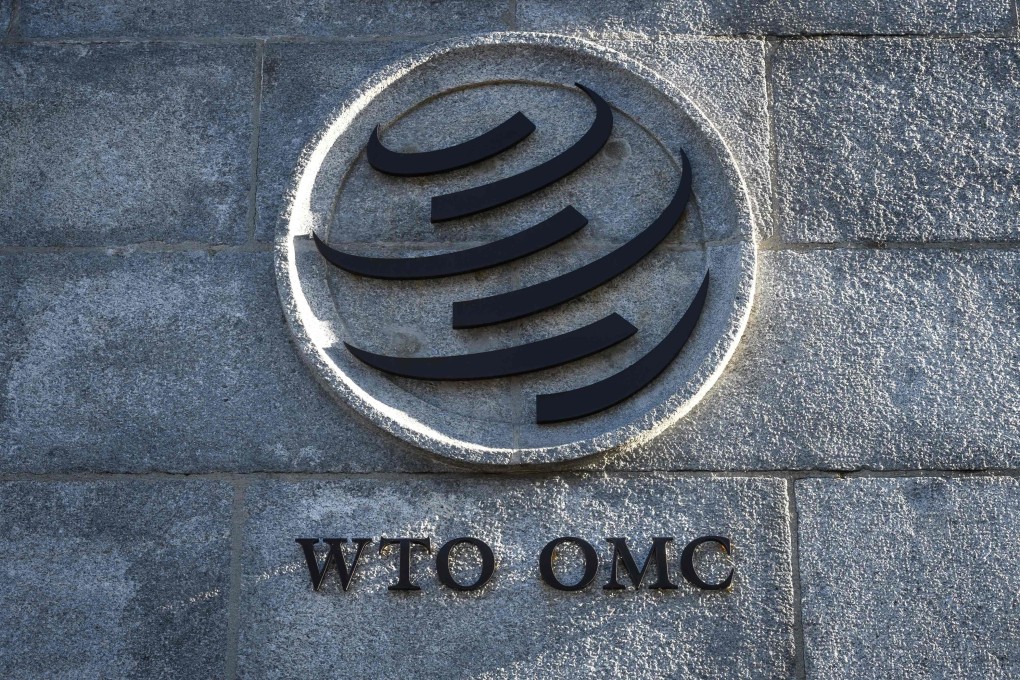EU launches WTO case against China over Lithuania embargo, as row over Taiwan office continues
- Brussels says it has ample evidence of China blocking Lithuanian and other European exporters from its market
- Responding to the filing, China said Brussels should be ‘wary of Lithuania’s attempt to kidnap China-EU relations’

The European Union has launched a World Trade Organization (WTO) case against China, having completed its own investigation into Beijing’s alleged coercion of Lithuania.
The EU filed a request for consultation with China in Geneva on Thursday, having gathered what it sees as ample evidence from interviews with affected Lithuanian business over the past month.
Brussels says it has evidence of Beijing’s refusal to clear Lithuanian goods through customs, rejection of import applications from Lithuania and pressuring companies operating from other EU member states to remove Lithuanian inputs from their supply chains when exporting to China.
“Launching a WTO case is not a step we take lightly. However, after repeated failed attempts to resolve the issue bilaterally, we see no other way forward than to request WTO dispute settlement consultations with China,” the EU’s trade commissioner Valdis Dombrovskis said.
He added that the EU still sought to reach a “diplomatic solution” with China, but after “reaching out through many channels to discuss the solution … China’s coercive practices” continued.
“If we find a solution, and of course practices are being discontinued, of course we do not have a reason to pursue the case further,” he added.
The blockade began after Lithuania permitted the opening of a controversially named Taiwanese diplomatic presence in the capital of Vilnius.